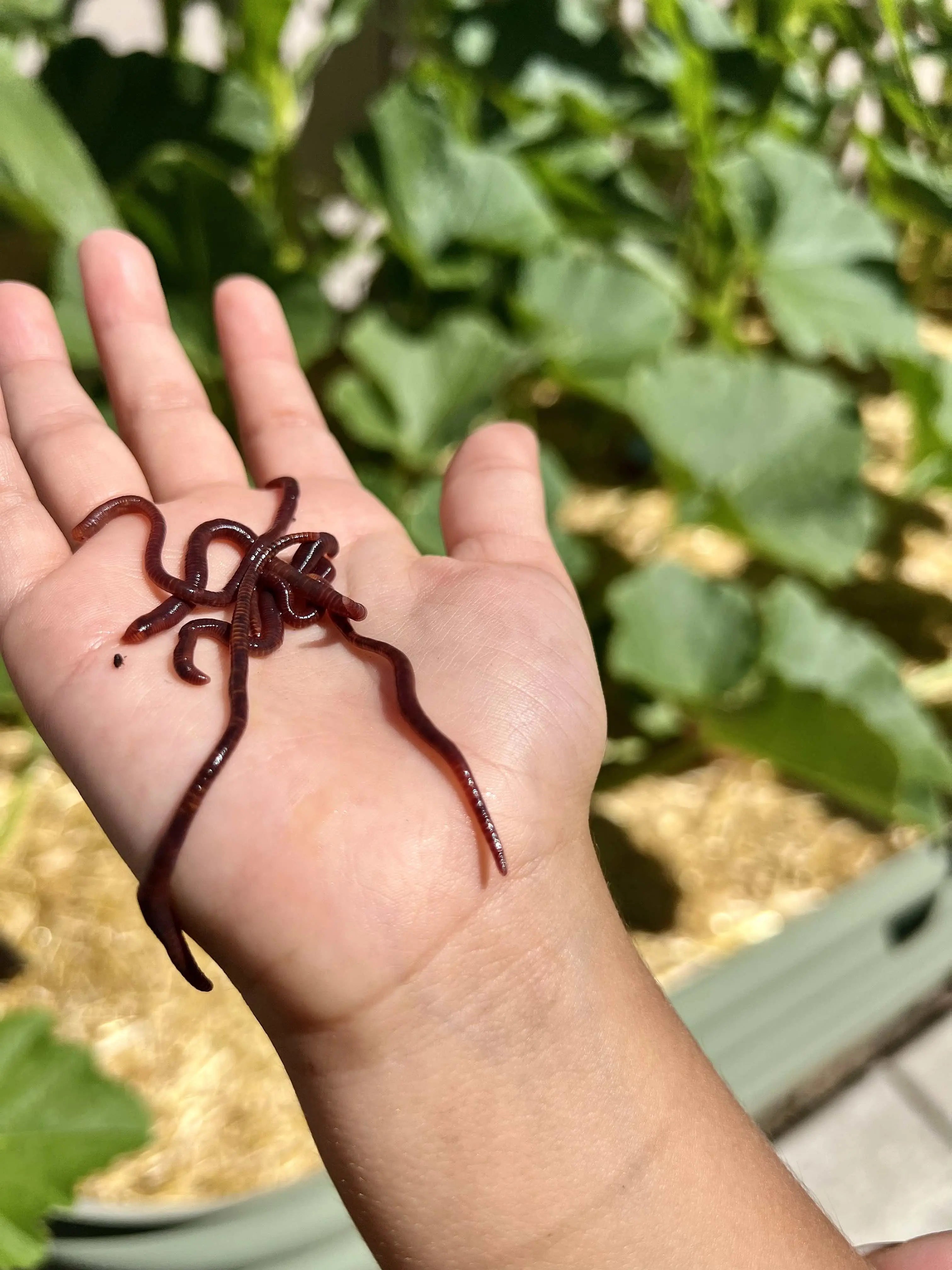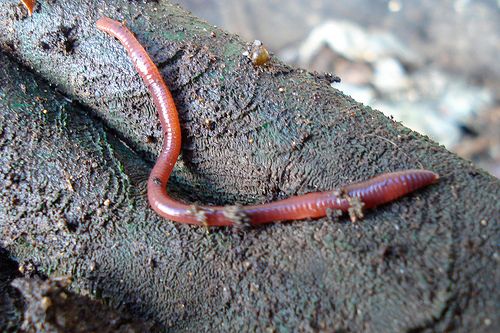Red Wiggler Worms - Efficient Decomposers for Your Compost Bin
Wiki Article
Red Wiggler Worms Demystified: Unlocking the Secrets of Vermiculture for Greener Living and Nutrient-Rich Dirt
In the realm of lasting methods for enriching soil quality and promoting eco-conscious living, red wiggler worms play an essential yet commonly ignored function. Red Wiggler Worms. Comprehending the ins and outs of caring for these worms, optimizing their environment, and utilizing their spreadings can lead to a greener way of living and much healthier soil for plants to prosper.The Role of Red Wiggler Worms
Red Wiggler worms play an essential role in composting systems by effectively damaging down natural matter into nutrient-rich castings. These starved eaters eat a variety of organic products, such as kitchen scraps, yard waste, and paper items. As they feed, the worms' gastrointestinal procedures damage down the raw material into a fine, dark, and nutrient-dense product called worm castings or vermicompost.The castings created by Red Wiggler worms are very useful for dirt wellness and plant growth. They are rich in crucial nutrients like potassium, nitrogen, and phosphorus, which are vital for supporting healthy plant advancement. In addition, worm castings consist of beneficial microorganisms and enzymes that aid improve soil structure, boost water retention, and improve nutrient uptake by plants.
Advantages of Vermicomposting

It improves dirt framework, improves soil aeration, and raises soil moisture retention. Vermicompost additionally enriches the dirt with important nutrients like nitrogen, potassium, and phosphorus, advertising plant growth and general dirt fertility.
Additionally, vermicomposting assistances sustainable horticulture methods by offering a chemical-free and natural option to synthetic plant foods. Red Wiggler Worms. This eco-friendly approach not just improves the dirt however also helps in reducing dependence on unsafe chemicals, advertising a greener and more lasting means of horticulture
Setting Up a Worm Container
When establishing a worm bin for vermicomposting, appropriate configuration is essential to guarantee the success of the composting process. The initial step in establishing up a worm container is selecting a suitable container.After adding the bed linen, present the red wiggler worms to the container. The worms need to after that be supplied with food scraps such as fruit and veggie peels, coffee premises, and eggshells.
Frequently monitor the moisture levels and temperature in the worm container Get More Information to make certain ideal problems for the worms. With proper arrangement and maintenance, the worm container will efficiently convert organic waste right into nutrient-rich compost for your plants and garden.
Collecting Worm Castings
To efficiently gather nutrient-rich worm spreadings from your vermicomposting system, a methodical harvesting technique is necessary. There are a couple of essential actions to follow to make sure an effective process when it comes time to collect the worm castings. Stop adding fresh food scraps to one side of the worm bin for a couple of weeks prior to collecting. This motivates the worms to migrate to the side with fresh bed linen and food, making it much easier to dig the castings from the opposite.
Troubleshooting Common Issues
Recognizing and navigate to this site resolving typical difficulties that may emerge throughout the vermicomposting procedure is critical for maintaining a efficient and healthy worm bin. Including excess food scraps can lead to an accumulation of moisture and level of acidity in the worm container, potentially harming the worms. An additional problem is unpleasant odors rising from the worm bin.
Additionally, if the worm populace is decreasing or the worms show up harmful, it might be because of ecological stress factors such as severe temperatures or pH degrees. Checking these factors and making required modifications is essential for the well-being of the worms. By troubleshooting these typical problems immediately, vermicomposters can guarantee a effective and smooth vermicomposting process while maintaining a thriving worm populace.

Conclusion
To conclude, red wiggler worms play a vital function in vermiculture by breaking down organic matter right into nutrient-rich soil. The benefits of vermiculture include greener living and improved dirt top quality. Establishing a worm bin is vital for successful vermiculture, and gathering worm spreadings provides content useful compost for horticulture. By recognizing and fixing common concerns, individuals can unlock the secrets of vermiculture for sustainable living and much healthier dirt.As they feed, the worms' digestive procedures break down the natural issue right into a fine, dark, and nutrient-dense product known as worm castings or vermicompost.
The castings created by Red Wiggler worms are very valuable for soil health and plant development. Adding excess food scraps can lead to an accumulation of wetness and acidity in the worm bin, possibly harming the worms.Additionally, if the worm populace is decreasing or the worms appear undesirable, it might be due to ecological stressors such as extreme temperatures or pH levels. Establishing up a worm bin is important for successful vermiculture, and harvesting worm spreadings supplies valuable compost for gardening.
Report this wiki page